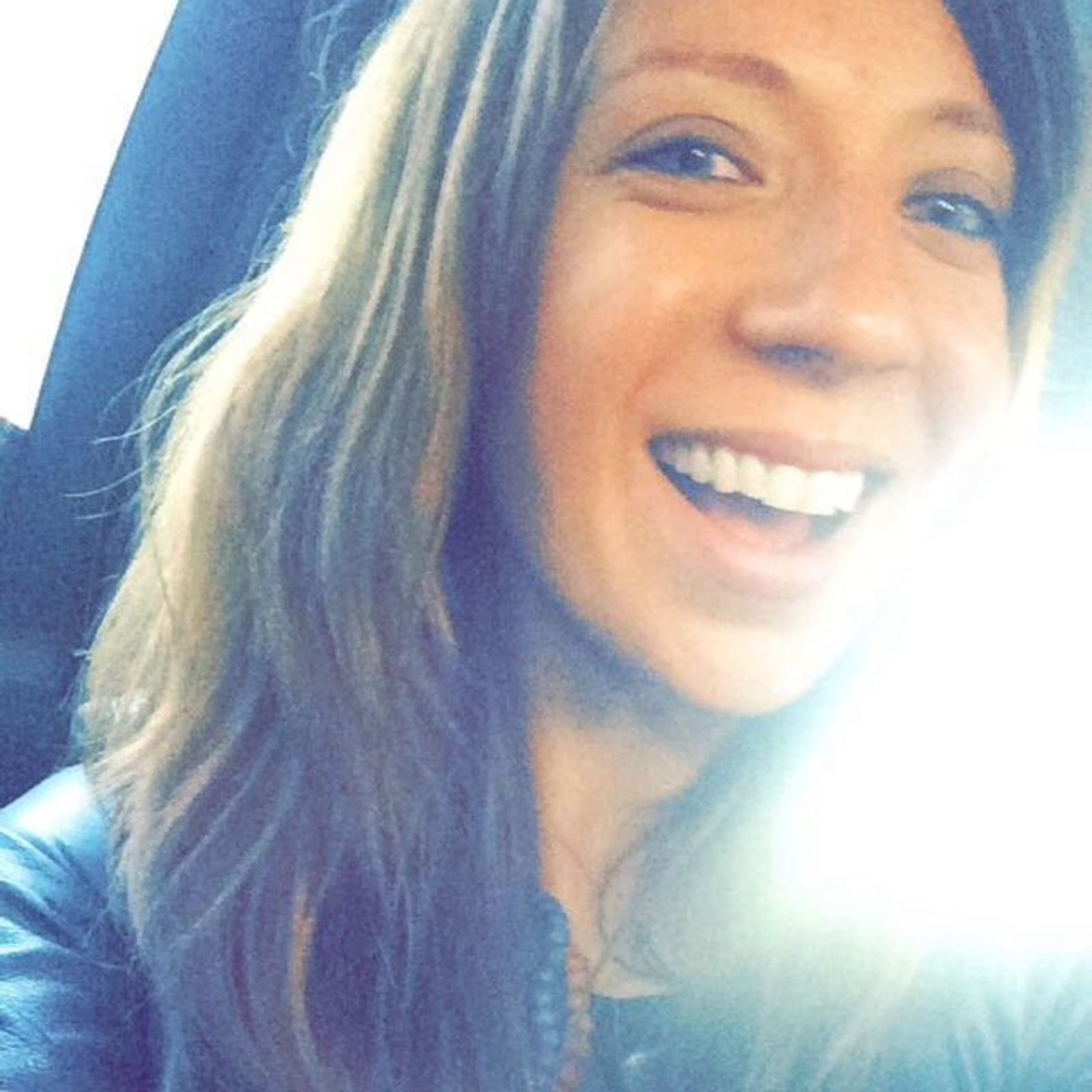Eight audacious ideas to make this planet better
Last night eight big ideas with the potential to change the world were revealed live from the TED stage.
Every year The Audacious Project invites change-makers to submit their best, boldest ideas for tackling the world’s biggest challenges and last night in the 2019 winners were announced.
Now in its second year The Audacious Project’s ideas span from criminal justice, data technology, climate and ocean protection, education, global health and scientific discovery.
This year more than $280 million was raised to help fund the eight game-changing projects. “I’m thrilled to introduce another class of social entrepreneurs with jaw-dropping visions of a better future and vetted blueprints for the successful execution of their ideas,” said Chris Anderson, Head of TED. “At a time when many people are fearful about humanity’s prospects, these projects offer a beautiful counter-narrative of ingenuity, determination and hope.”
The Audacious Project was brought to life through the collaboration of some of the most respected names in the non-profit world, including Skoll, the Bill & Melinda Gates Foundation, Scott Cook & Signe Ostby and more. Virgin Unite is proud to be one of the key partners to have joined forces to help make this possible.
This year’s eight successfully funded projects were distilled from more than 1,500 applications and the winners include:
Institute for Protein Design: Natural proteins evolved over millions of years to solve the most complex challenges on Earth. However, we face new and pressing challenges today. The goal of the Institute for Protein Design is to develop and apply methods for designing a whole new world of synthetic proteins to address these challenges.
Salk Institute for Biological Studies: Every cure has a starting point. The Salk Institute embodies Jonas Salk’s mission to dare to make dreams into reality. Its internationally renowned and award-winning scientists explore the very foundations of life, seeking new understandings in neuroscience, genetics, immunology, plant biology and more. The Institute is an independent nonprofit organisation and architectural landmark: small by choice, intimate by nature and fearless in the face of any challenge. Be it cancer or Alzheimer’s, aging or diabetes, Salk is where cures begin.
The END Fund: The END Fund focuses on delivering neglected tropical disease (NTD) treatments to those in need by growing and engaging a community of activist-philanthropists, managing high-impact strategic investments, and working in collaboration with government, NGO, pharmaceutical, and academic partners. They aim to take a systems approach to understanding, engaging with, and influencing the broad ecosystem of stakeholders working on ending NTDs.
The Nature Conservancy: From their historic work in land acquisition, to cutting-edge research that influences global policy, The Nature Conservancy is constantly adapting to take on the planet’s biggest, most important challenges. Their vision is a world where the diversity of life thrives, and people act to conserve nature for its own sake and its ability to fulfill our needs and enrich our lives.
Center for Policing Equity: As a research and action think tank, Center for Policing Equity aims to provide leadership in equity through excellence in research. Using evidence-based approaches to social justice, they use data to create levers for social, cultural and policy change.
Educate Girls: Working in partnership with the Government, the community, and with the help of community volunteers, Educate Girls has helped ensure higher enrolment and attendance for girls, as well as improved learning outcomes for all children.
Thorn: The team from Torn refuse to live in a world where technology exists to help kids, but simply isn’t being used. They build powerful products, lead new programmes, maintain essential resources, and develop awareness campaigns to attack the issue of child sexual abuse from all sides.
UPSTART: Waterford UPSTART provides four-year-old children access to the highest form of academic support in their early education at no cost to participants: personalised family education and coaching, a new computer and Internet if needed, and adaptive educational software. The average Waterford UPSTART graduate enters kindergarten reading at nearly a first-grade level and maintains their gains for years to come.


